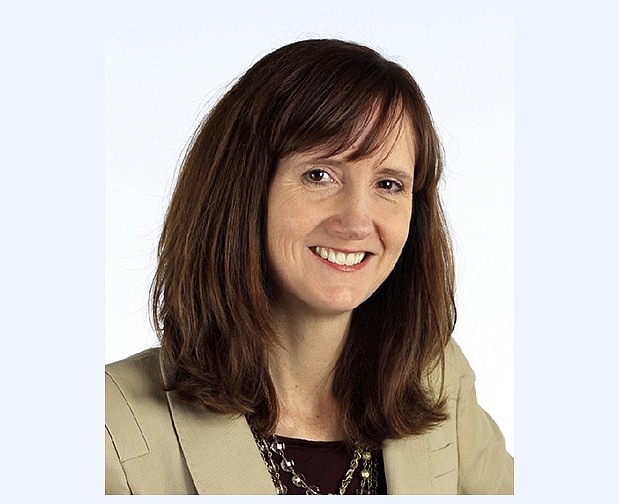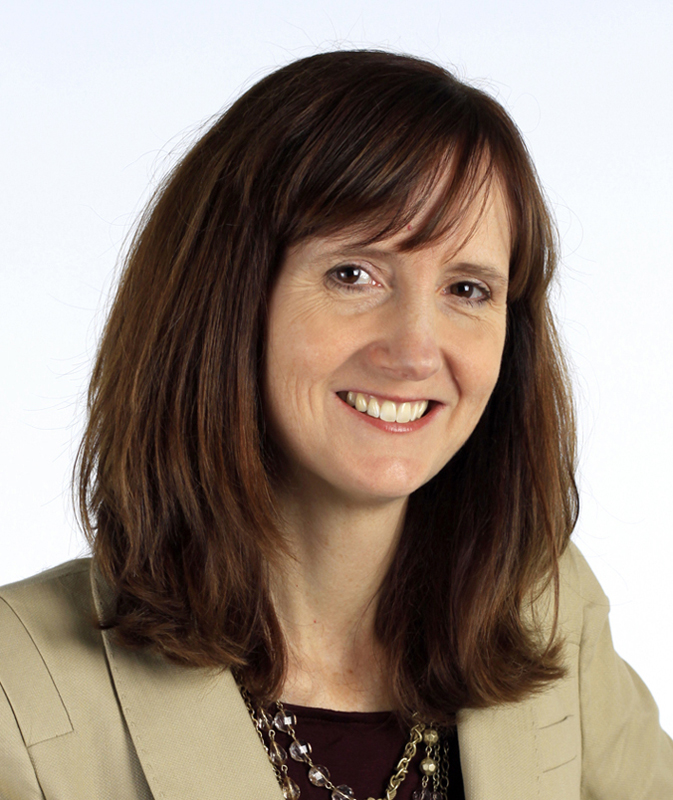In newsrooms, you'll often hear the term "real people," as in: "Let's find some real people for this story."
The term describes those directly impacted by the events of a news story. For instance, if property taxes go up, the "real person" in a story is the homeowner who'll be paying more.
At the Times Free Press' morning news meeting on Wednesday, we were discussing the need to find real people for stories on Obamacare and the federal government shutdown. The problem was, the shutdown's impact isn't immediate and, in some cases, isn't obvious. It annoys most people more than it directly affects their day-to-day lives.
Then Pam Sohn joined the meeting.
Sohn, the Times page opinion editor who for years was an environmental reporter, has spent the past year planning the annual conference for the Society of Environmental Journalists here, along with Anne Paine, recently retired from The Tennessean in Nashville, and David Sachsman, West Chair in Communication and Public Affairs at the University of Tennessee at Chattanooga. It's a conference involving about 400 journalists. They were coming from across America but also Canada, Mexico, Europe, even African nations. And it was starting Thursday.
So Wednesday morning, Sohn was pulling out her hair because their meticulous conference planning was cracking -- thanks to the government shutdown.
Speakers who work for the federal government wouldn't be coming -- including Interior Secretary Sally Jewell and Forestry Service Chief Tom Tidwell -- and tours to federal parks such as Chickamauga Battlefield and the Cherokee National Forest got the kibosh.
That left Sohn and other conference planners scrambling.
"Wow, Pam, you're probably the person in Chattanooga most impacted by the shutdown so far," one of my colleagues remarked.
Thanks to some fine people with the cities of Chattanooga and Lookout Mountain and the Tennessee Aquarium, Sohn was able to find last-minute backup speakers and tour destinations.
Jewell sent a video message to the journalists gathered at the Chattanooga Convention Center. "I'm disappointed that I couldn't be in one of my favorite cities, and that is Chattanooga, Tenn.," he said.
But truthfully, I think the local speakers (some of whom were scheduled to speak anyway, and some who were added last-minute) did a better job than anyone from Washington, D.C., would have. They told the story of Chattanooga better.
They were here when the air was blackish-gray and the Tennessee River was toxic. They burned a lot of calories getting it cleaned up.
Former Chattanooga Mayor Ron Littlefield described how, as a child in North Georgia, he'd visit the city.
"When you came to Chattanooga, you could smell it before you arrived," he said.
Today, he said, "Chattanooga is, in fact, the most transformed city in America."
Current Mayor Andy Berke promised the journalists they won't be disappointed. "You will see an amazing city," he said.
The journalists spent five days visiting the area's mountains and rivers, along with places such as the Oak Ridge National Laboratory and TVA's Sequoyah Nuclear Plant. The organization held its conference here in 1998 and it's the first time the group has returned to the same city in the 23 years it has been holding conferences.
David Crockett, who served as the Chattanooga's director of the Office of Sustainability under Littlefield, told the journalists that the city's story of renewal often is sugarcoated.
"It sounds like we were skipping down the street holding hands," he said.
Hardly. There was disagreement -- and plenty of it. This is Appalachia, he said, a place where many are descendants of the Scotch-Irish, folks noted for holding their principles firmly and not backing down from a fight. But they were upset that their home, a hardscrabble, blue-collar manufacturing town, had been dismissed as "a dirty depressing industrial Nowheresville." It was an unlikely city to become an environmental success story, Crockett said.
"This isn't Boulder; this isn't Berkeley," he told the journalists.
But Crockett is an imposing figure -- noted for his ever-present Stetson and bolo ties -- and he has an arm-around-the-shoulder way of telling a story that, while folksy and charming and oh-so-Southern, doesn't mince words.
"For those who thought in Tennessee our homes were mobile and the pick-ups in our front yard weren't, I think you're going to be surprised."
Alison Gerber is editor of the Chattanooga Times Free Press. Reach her at agerber@timesfreepress.com.

